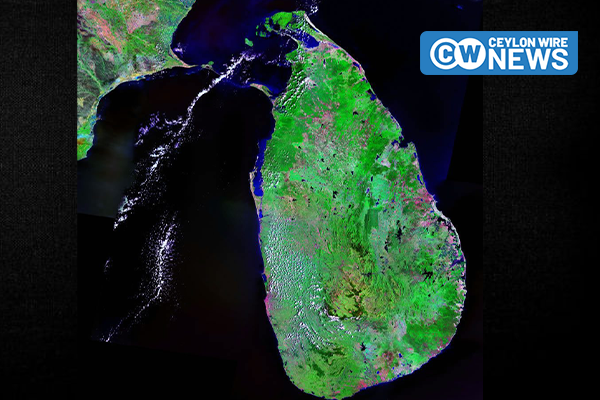In a groundbreaking development resulting from a collaboration with the French government, Sri Lanka has identified and penalized a company responsible for an oil spill in its waters using satellite surveillance. The Marine Environment Protection Authority (MEPA) disclosed that this marks the first instance of such detection and enforcement.
On February 5, the French company CLS analysts, as part of the OSDS initiative funded by the French Government, reported a significant oil pollution incident off the Sri Lankan coasts. The illegal discharge was attributed to the Global Crest, a 120-meter tanker traveling from Malaysia to the UAE.
Swift action was taken against the vessel, leading to an immediate onboard inspection that uncovered compelling evidence of the illicit discharge. The ship remained detained until the owner admitted the offense and accepted the maximum fine of Rs. 15 million in accordance with national regulations.
Strategically positioned at the southern tip of the Indian subcontinent, Sri Lanka serves as a crucial juncture along major Indian Ocean shipping routes. However, the country faces escalating risks of pollution from accidental spills and unlawful discharges.
Under the OSDS initiative, Sri Lanka had recently engaged CLS to provide a service for detecting oil pollution and identifying polluters through satellite technology. This proven detection system has previously demonstrated success in other global regions, such as Europe, where the Cleanseanet service operated by the European Maritime Safety Authority (EMSA) significantly reduced pollution incidents over a decade.
Since September 2023, CLS has delivered over 100 detection reports to MEPA, showcasing the effectiveness of satellite technologies in curbing marine pollution and minimizing environmental impact.
This particular case is hailed as a genuine success by OSDS stakeholders, underscoring the initiative’s relevance and efficiency. It lays the foundation for establishing a sovereign, fully operational local capability to effectively address future challenges in marine environmental protection.









